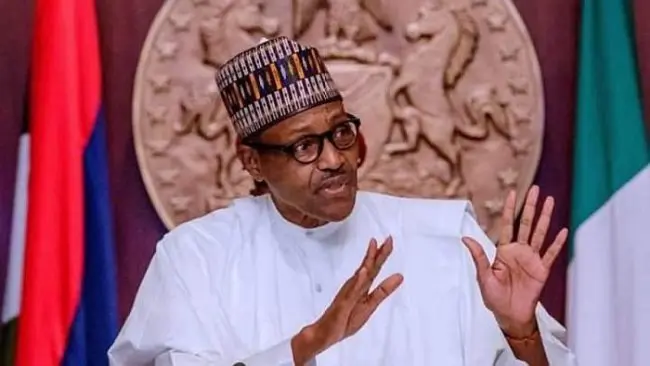By: Joy Musa
As Nigerians continue to grapple with the consequences of past leadership, the legacy of former President Muhammadu Buhari remains one of the most polarizing in the nation’s history.
Once hailed as a symbol of integrity and discipline, Buhari’s two stints in power first as a military ruler (1983–1985) and later as a civilian president (2015–2023) have left behind a trail of broken promises, institutional decay, and deep national disillusionment.
Buhari’s rise to power in 2015 was built on a carefully curated image of modesty and incorruptibility. He claimed to be financially constrained, even borrowing money to purchase his nomination form. Nigerians, moved by his supposed humility, donated generously. But post-election revelations contradicted this narrative, exposing significant personal wealth and raising questions about the sincerity of his campaign.
However, Buhari’s relationship with Nigeria’s university system has been marked by neglect and regression. In 1984, his military regime slashed university funding, initiating a decline from which the sector has never fully recovered.
His civilian presidency repeated the pattern: despite establishing over 30 new tertiary institutions, funding remained inadequate and politically motivated. The Academic Staff Union of Universities (ASUU) recorded over 610 days of strike under his administration the longest in Nigeria’s democratic history.
Buhari’s economic policies were often reactive and poorly executed. His 1984 currency change led Nigerians to distrust the Naira, prompting a shift to saving in foreign currencies.
In his second term, the 2022 Naira redesign triggered nationwide cash scarcity, disrupted businesses, and deepened poverty. The policy, though aimed at curbing vote-buying and illicit cash flows, was widely criticized for its poor implementation and devastating impact on ordinary Nigerians.
Furthermore, Perhaps the most damaging aspect of Buhari’s legacy was his blatant disregard for the federal character principle. His appointments were overwhelmingly skewed toward his ethnic and regional base, with 81 out of 100 top appointments going to Northerners. This institutionalized nepotism eroded national unity and emboldened successors like President Tinubu to replicate similar patterns.
Buhari’s tenure saw Nigeria’s global reputation falter. His failure to address insecurity, corruption, and economic instability led to widespread disillusionment.
The country experienced two recessions, a ballooning debt from ₦12 trillion to ₦77 trillion, and a Naira that depreciated from ₦197 to ₦762 per dollar. His silence during national crises such as the #EndSARS protests and mass abductions further alienated citizens.
While Buhari’s administration did achieve some infrastructural milestones and initiated anti-corruption frameworks, these were overshadowed by systemic failures, selective justice, and a leadership style marked by detachment and opacity. His legacy is not one of transformation, but of missed opportunities and deepened fractures.
As Nigeria moves forward, it must reckon with the lessons of Buhari’s rule. Integrity must be more than a campaign slogan. Governance must be inclusive, transparent, and accountable. And leadership must serve the people not just the powerful few. We pray for the soul of Buhari to rest in peace.







